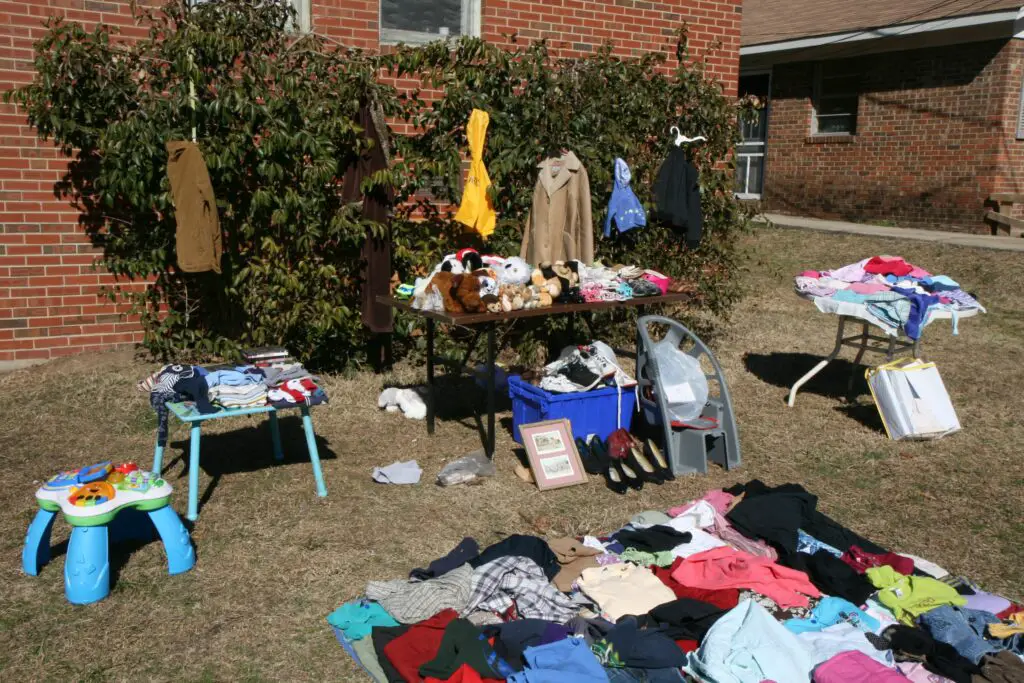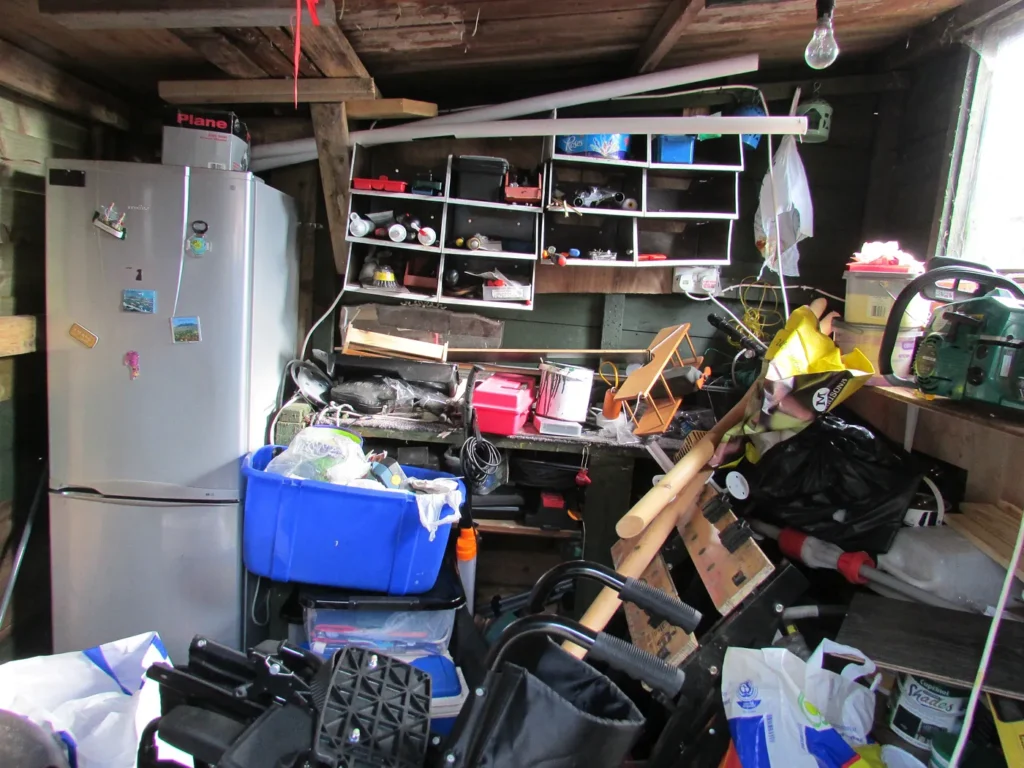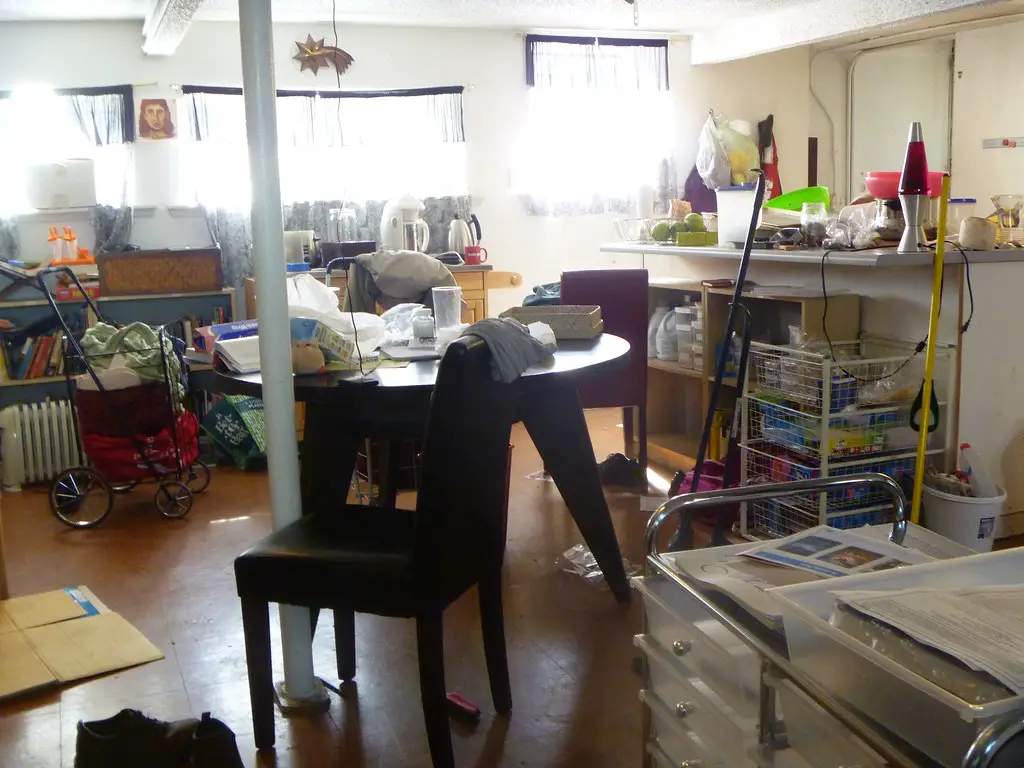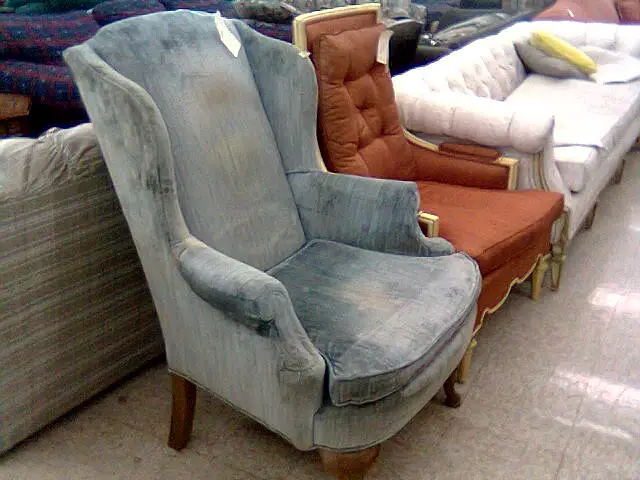1. “If I Haven’t Used It in a Year, I Should Toss It”

While this advice seems practical, it doesn’t apply universally. Items like seasonal decorations, tools, or sentimental keepsakes may not be used regularly but still hold value. Selling or repurposing these instead of discarding can save money.
2. “Decluttering Is Only About Getting Rid of Things”

Decluttering isn’t just about discarding—it’s about organizing and maximizing what you have. Rushing to donate or throw away without assessing an item’s utility could lead to rebuying it later.
3. “Everything Must Be Perfectly Minimalist”

Chasing a perfectly minimalist aesthetic can lead to overspending on storage solutions or new items to “fit the look.” Embrace practicality over perfection, and you’ll avoid unnecessary expenses.
4. “You Should Replace Old with New”

Decluttering often inspires people to replace “worn-out” items with brand-new ones. Instead, repair or refresh what you already have. Restoring an older piece can be more budget-friendly and sustainable.
5. “If It’s Sentimental, It Should Be Stored Forever”

While it’s essential to honor sentimental items, storing too many can lead to unnecessary costs, like renting storage units. Curating a small, meaningful collection can save money and space.
6. “Decluttering Means Buying Fancy Storage Solutions”

Spending money on bins, baskets, and shelves can add up quickly. Instead, reuse boxes, jars, or containers you already own to organize your space without extra expense.
7. “It’s Useless if It’s Not Trendy”

Decluttering can tempt people to ditch “outdated” items in favor of trendier replacements. However, trends come and go, and functional items shouldn’t be discarded just because they’re out of style.
8. “Donations Are Always the Best Option”

While donating is noble, certain high-value items, like vintage furniture or collectibles, can fetch significant money if sold. Research their worth before giving them away.
9. “Decluttering Can Be Done in One Day”

Rushing the process may lead to hasty decisions, causing you to part with items you’ll need later. Take your time to avoid expensive repurchases down the road.
10. “Everything Has to Be Purged at Once”

The “all-or-nothing” approach can lead to regret. Gradual decluttering lets you better evaluate what’s worth keeping or selling, saving money in the long run.
11. “Duplicates Are Always Unnecessary”

While decluttering usually encourages reducing duplicates, some extras—like scissors, batteries, or phone chargers—are practical to keep around. Tossing them may lead to unnecessary future purchases.
12. “Declutter First, Organize Later”

Failing to plan during decluttering can lead to costly mistakes, like buying unnecessary replacements. A simultaneous declutter-and-organize approach is often more efficient.
13. “Everything Unused Is Clutter”

Some unused items, like unopened gifts or inherited furniture, may have significant resale value. Assess their worth before deciding to toss or keep.
14. “Decluttering Is a One-Time Event”

Treating decluttering as a one-and-done activity can result in clutter returning quickly, prompting more spending on reorganization later. Make it an ongoing habit to avoid this cycle.
15. “Decluttering Costs Nothing”

While it’s true that you can declutter without spending money, hidden costs—like paying for storage units, waste removal services, or new organizational tools—can add up. Evaluate every decision to ensure it aligns with your financial goals.
Avoiding these common myths can help you save money while creating a more organized, functional space!
